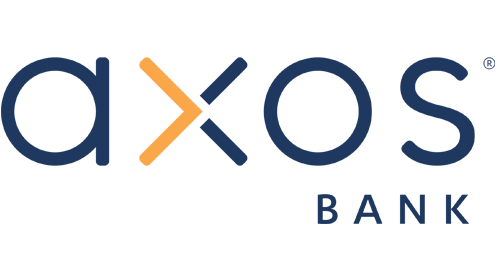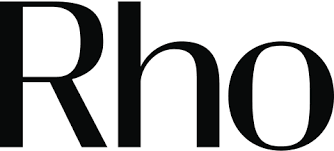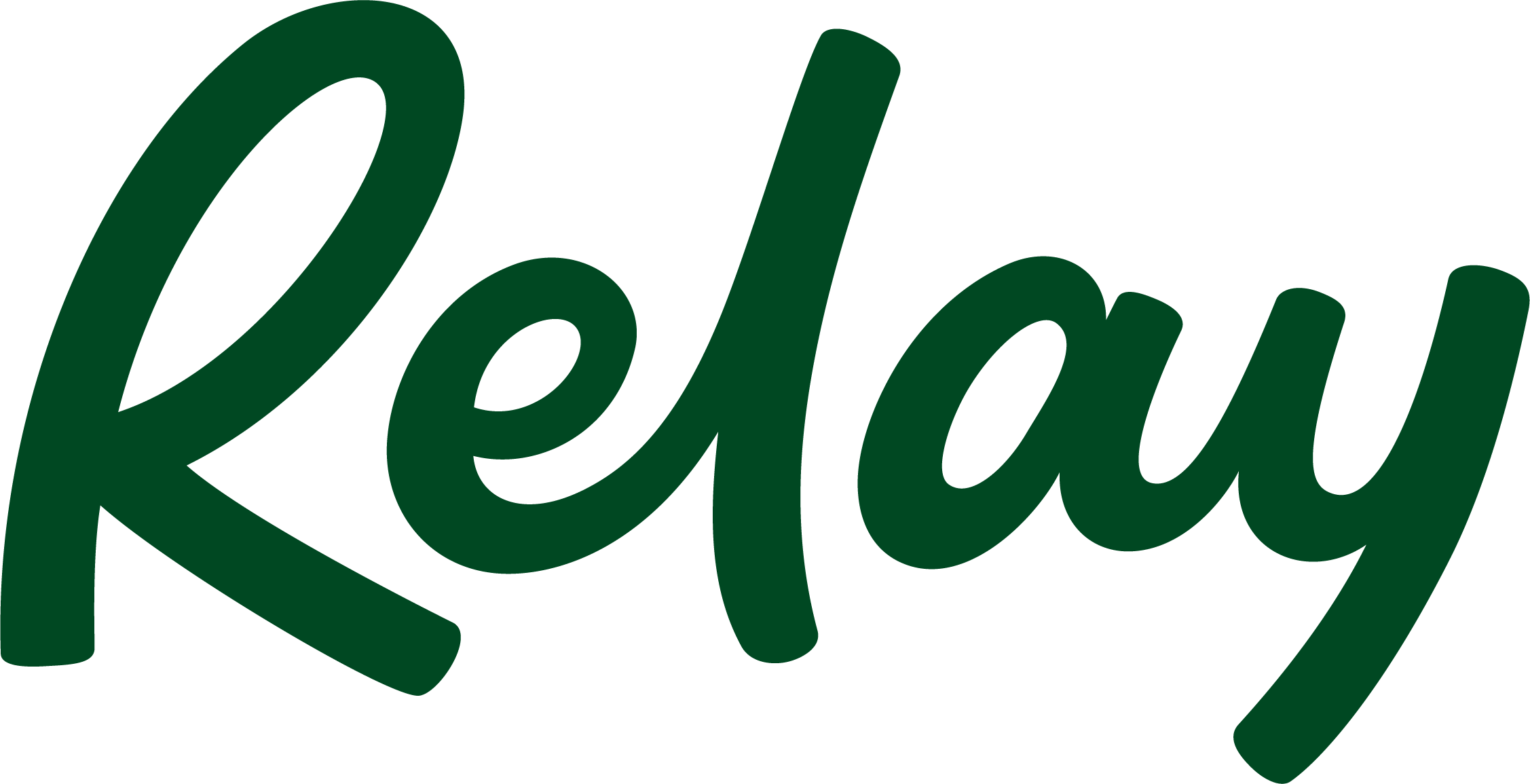Insured Cash Sweep Accounts: Pros, Cons and Top Options
Access nine figures in FDIC coverage using an ICS account, which distributes your funds across many different banks.

Many, or all, of the products featured on this page are from our advertising partners who compensate us when you take certain actions on our website or click to take an action on their website. However, this does not influence our evaluations. Our opinions are our own. Here is a list of our partners and here's how we make money.
What is Insured Cash Sweep?
Insured Cash Sweep (ICS) is a bank service that protects deposits exceeding the FDIC coverage limit of $250,000 per depositor, per institution.
With an ICS account, you deposit, manage and withdraw funds from one primary business bank account. But behind the scenes, sweep accounts spread funds across a network of FDIC-insured banks, placing up to $250,000 at each.
Best Insured Cash Sweep accounts
Among our picks for best business checking and savings accounts, the following are ICS accounts. You can explore other banks that are part of the IntraFi network on its website.
Axos Business Premium Savings Account
Axos's business savings account offers up to $265 million in FDIC insurance coverage.
Axos Business Premium Savings Account is one of the best business savings accounts. It offers 3.6% APY on balances up to $5 million and there is no monthly maintenance fee. New customers can get a sign-up bonus of up to $600 when they bundle Axos Basic Business Checking and Axos Business Premium Savings Account. Terms apply. Axos is an FDIC-insured bank.
Live Oak Bank
Live Oak's Sweep account offers up to $10 million in FDIC insurance coverage.
You need a balance of at least $350,000 to enroll in Live Oak's Insured Cash Sweep account. It offers up to $10 million in FDIC coverage, has no monthly fee and earns 2.70% APY.
That's a lower interest rate than the bank's standard business savings account. Live Oak Bank Business Savings has a 2.85% APY on all balances and no monthly fee. But it's not eligible for the bank's ICS program.
Rho
Rho's business savings account offers up to $75 million in FDIC insurance coverage.
Rho is a banking platform for startups. Rho accountholders can open a checking, savings and Treasury account. The business savings account provides up to $75 million in ICS coverage but doesn’t pay interest.
Rho is a neobank; banking services are provided by Webster Bank, N.A., member FDIC, as well as American Deposit Management Co. and its partner banks.
Brex
Brex's Vault account offers up to $6 million in FDIC insurance coverage.
The Brex Business Account is a great option for venture-backed startups. The business cash management account has no monthly fees and free wire transfers. It includes a business checking account, a Treasury account and a "Vault" account. The Vault account is the Sweep account. It offers up to $6 million in FDIC insurance coverage.
Brex is a neobank; banking services are provided by Column, N.A., member FDIC.
Mercury
Mercury's savings account provides up to $5 million in FDIC insurance coverage.
Mercury is another startup-focused banking platform. Mercury’s checking and savings accounts provide up to $5 million in FDIC insurance coverage via ICS. These accounts don't earn interest.
Mercury is a neobank; banking services are provided by Choice Financial Group and Column N.A.; Members FDIC.
Bluevine Business Checking
Bluevine's checking account offers up to $3 million in FDIC insurance coverage.
Bluevine Business Checking is a free business checking account that offers a high yield: Earn 1.30% interest on account balances up to and including $250,000. Terms apply. Account holders are automatically enrolled in an ICS account that offers up to $3 million in FDIC insurance coverage.
Relay Business Savings
Relay's business savings account offers up to $3 million in FDIC insurance coverage.
Relay Business Savings is only available to customers who also have Relay checking accounts. Both are great options, though, and the savings account currently pays APYs between 1.03% and 3.76%, depending on your balance. ICS provides up to $3 million in FDIC insurance coverage.
Relay is a neobank; banking services are provided by Thread Bank, Member FDIC.
How to open an ICS account
1. Find a participating institution. Banks in the IntraFi network offer Sweep accounts. That network includes thousands of local, regional and national FDIC-insured banks. Several online banks are members, too, including Axos, Grasshopper and Live Oak.
You can also get an ICS account through neobanks like Bluevine, Relay and Mercury. These financial technology companies partner with FDIC-insured banks in the IntraFi network.
Just be aware: FDIC coverage only kicks in when an insured bank fails. It does not apply if a neobank or its intermediary shuts down. Even if they partnered with an FDIC-insured institution.
» MORE: What happens if a neobank fails?
2. Opt in to sweep services. You usually have to opt in to a sweep account, though Bluevine Business Checking and some others offer ICS accounts as the default option. Either way, you’ll sign an agreement when you open your ICS account that allows the bank to move your money to other partner banks. Keep in mind that sweep accounts may have additional fees.
3. Choose your sweep preferences. You can typically select between two sweep options: demand or savings. Demand accounts allow for unlimited withdrawals. They are best for operating funds that you need to draw on regularly.
Savings accounts put funds in money market accounts. These cap withdrawals — often at six per month — but offer a better interest rate. Savings sweep accounts are better for emergency savings and cash reserves.
Some banks also offer a third sweep option: Certificate of Deposit Account Registry Service or CDARS. This type of account puts your money into business certificates of deposit. CDARS have a higher, fixed interest rate, but you’ll pay a penalty if you withdraw funds before the CD term matures.
4. Let the account do its work. Your Insured Cash Sweep account automatically distributes your deposits to partner banks. This all happens behind the scenes. You'll never have more than $250,000 (the FDIC limit) at one bank.
5. Access funds as usual. Your money is spread across dozens of banks. Your banking is not. You will manage your funds and transact only with the bank where you opened the primary account. Large withdrawals could be delayed a day or two depending on the amount needed, with CDARS funds likely locked up even longer in line with the CD’s term.
Benefits of an Insured Cash Sweep account
Unlock millions in FDIC insurance. The FDIC insures up to $250,000 per depositor, per institution and per ownership category. That is enough for many small businesses. But companies with larger operating budgets can be at risk if their bank fails. Insured Cash Sweep accounts offer a solution. They place your deposits, in $250,000 increments, across a network of FDIC-insured banks. Combined, those partner banks can provide several million dollars in FDIC coverage.
Manage funds through one account. If you’re managing accounts across dozens of financial institutions to ensure FDIC coverage, Insured Cash Sweep accounts simplify the process. Account holders open an account through one primary bank that acts as a custodian and automatically moves money to partner banks so that you don’t exceed $250,000 (principal and interest) at any one bank.
🤓 Nerdy Tip
Even if you use a sweep account, NerdWallet recommends using separate banks for your main operating account, payroll account and emergency fund. This minimizes disruption to your business if an account is frozen or closed, or if one of your primary banks fails. Drawbacks of an Insured Cash Sweep account
Additional fees apply to some sweep accounts. Some banks offer ICS accounts at no cost. But others charge a monthly fee or take a portion of the interest earned on your sweep account.
ICS protection works differently with neobank accounts. FDIC insurance only applies if an FDIC-insured bank fails. It does not apply if the fintech (or any intermediary) files for bankruptcy or shuts down. This is important to know if you open an ICS account with a neobank like Mercury or Bluevine.
It’s unlikely you’ll lose your funds entirely if your neobank fails. But getting your money back will be more complicated and much slower.
Take Synapse Financial Technologies, for example. This fintech company acted as a middleman for Evolve Bank & Trust and several neobanks (including Mercury). When Synapse filed for bankruptcy in April 2024, thousands of customers lost access to their deposits for months.
You may not earn interest on your full deposit (or at all). If your business has millions of dollars in deposits, ideally you’re putting it to work in a high-yield account. While most ICS accounts earn interest, some pay lower rates or cap what you can earn.
Bluevine Business Checking, for example, offers up to $3 million in FDIC insurance coverage through its sweep account. But you only earn interest (1.30% APY) on balances up to and including $250,000. And Mercury’s Business Bank Account, which is eligible for up to $5 million in FDIC insurance coverage, does not earn any interest.
Relay is a financial technology company, not a bank. Banking services provided by Thread Bank, Member FDIC. The Relay Visa Debit Card is issued by Thread Bank, Member FDIC, pursuant to a license from Visa U.S.A. Inc. and may be used anywhere Visa cards are accepted.
Article sources
NerdWallet writers are subject matter authorities who use primary,
trustworthy sources to inform their work, including peer-reviewed
studies, government websites, academic research and interviews with
industry experts. All content is fact-checked for accuracy, timeliness
and relevance. You can learn more about NerdWallet's high
standards for journalism by reading our
editorial guidelines.
Methodology
NerdWallet’s writers and editors evaluate more than 60 business bank accounts from national, regional and online banks. Collectively, these accounts represent the largest banks by assets and the largest credit unions by membership, along with notable and emerging fintech companies and online banks.
We consider more than 20 data points for each account, including services, fees, features and rewards. We gather this information from rates and fees documents, deposit account agreements, financial institution websites and company representatives.
Our editorial team regularly reviews and updates our data to ensure consistency and accuracy. We also update our scoring on an ongoing basis to reflect changing industry norms and business owner needs. For instance, in 2026, we adjusted our expectations for APYs due to falling interest rates.
Final ratings range from one to five stars. A five-star score represents the best available product for the largest number of business owners. Learn more about how we rate business checking accounts.
Related articles














